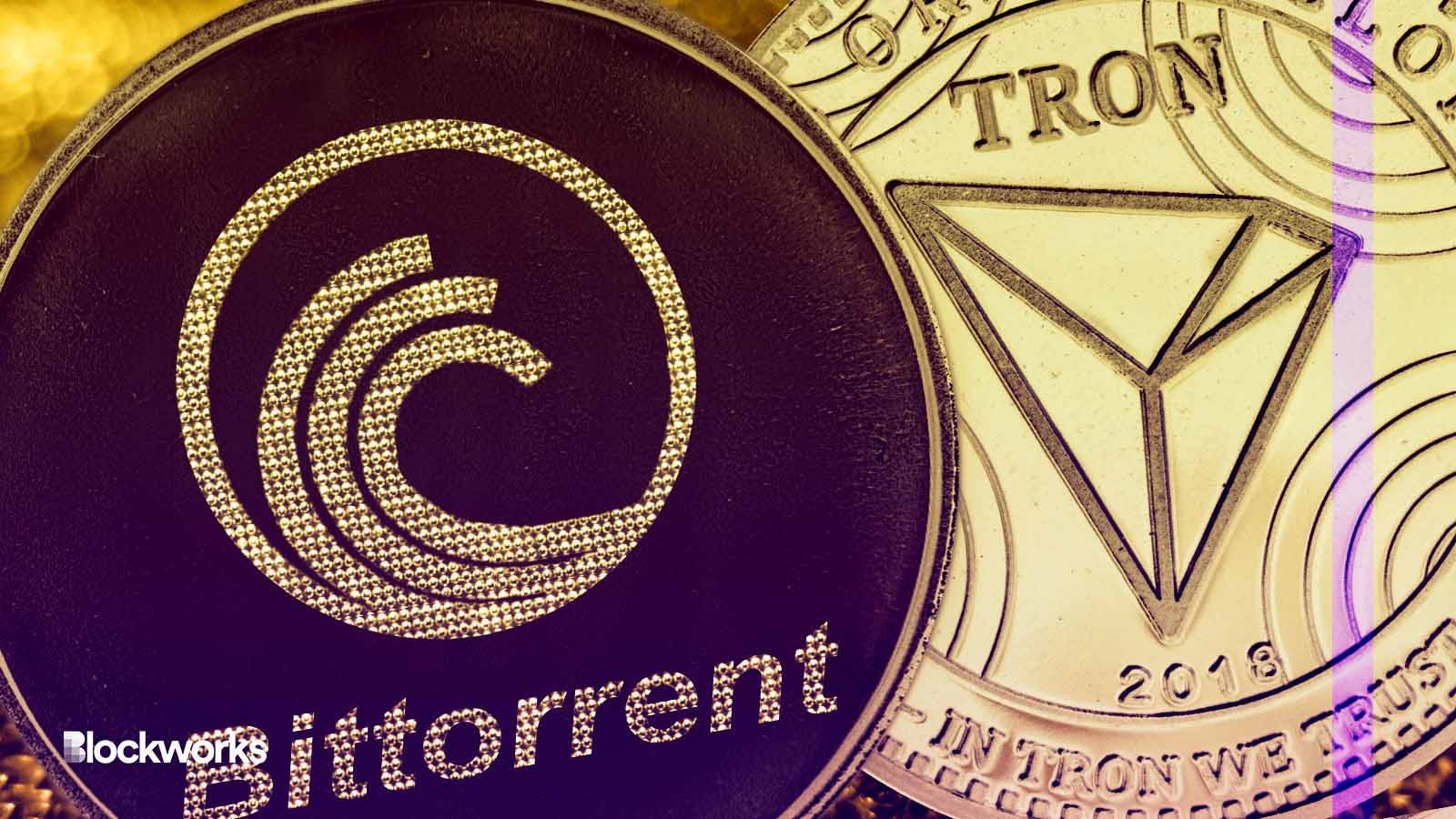SEC Sues Tron Network Founder for Allegedly Selling Securities
Justin Sun is accused of mismanaging billions of dollars of TRX and BTT tokens on public markets — while creating secondary sales from which he profited

Stanslavs/Shutterstock modified by Blockworks
The SEC is going after the Tron network’s founder for allegedly selling unregistered securities in the latest action taken by US regulators against crypto industry players.
Justin Sun orchestrated the “unregistered offer and sale, manipulative trading, and unlawful touting of crypto asset securities,” according to an SEC press release and legal documents filed Wednesday in the US District Court for the Southern District of New York.
The SEC’s probe extended beyond Sun, however, considering the regulator said it reached a settlement with eight celebrities, ranging from Lindsay Lohan to “Soulja Boy,” for allegedly promoting the tokens in question.
Sun founded the Tron network in 2017. The network launched its mainnet the following year and became a DAO in 2021.
The SEC alleges that starting in about August 2017, Sun distributed billions of TRX and BTT tokens to the public while creating secondary markets on which these assets could be traded.
Because Sun sold these as securities, the commission alleges, he was obligated to register these sales with the SEC, but never did.
The agency is also accusing Sun of “fraudulently manipulating the secondary market for TRX through extensive wash trading,” according to the press release. He allegedly accomplished this through the Tron network, as well as the BitTorrent Foundation, which owned accounts used in the trading, and Rainberry — whose employees transferred funds to facilitate the trading, the lawsuit claims.
The Tron network did not immediately comment on the charges. Sun did not immediately return multiple requests for comment, but tweeted Thursday that the “complaint lacks merit.”
“While we’re neutral about the technologies at issue, we’re anything but neutral when it comes to investor protection,” Gurbir Grewal, director of the SEC’s Division of Enforcement, said in a statement. “As alleged in the complaint, Sun and others used an age-old playbook to mislead and harm investors by first offering securities without complying with registration and disclosure requirements and then manipulating the market for those very securities.”
An SEC spokesperson did not immediately return a request for further comment.
Including Soulja Boy (DeAndre Cortez Way) and Lindsay Lohan, a total of eight celebrities have found themselves in the crosshairs of regulators. The SEC additionally charged the following for allegedly illegally promoting TRX and/or BTT without disclosing a paid partnership: Jake Paul, Austin Mahone, Michele Mason (Kendra Lust), Miles Parks McCollum (Lil Yachty), Shaffer Smith (Ne-Yo), and Aliaune Thiam (Akon).
Each of the above individuals, with the exceptions of Cortez Way and Mahone, has settled with the SEC for $400,000, the agency said.
It’s not the first time the SEC has targeted a crypto company for issuing a token it deems a security. Ripple has been battling with the agency in court for more than two years over its XRP token, which the vast majority of exchanges delisted when the lawsuit began in 2020.
Sun’s charges may be settled before going to trial.
Updated March 22, 2023 at 7:26 PM ET with additional context and quotes throughout, and March 23, 2023 at 9:25 am ET with Justin Sun’s comment.
Get the news in your inbox. Explore Blockworks newsletters:
- The Breakdown: Decoding crypto and the markets. Daily.
- 0xResearch: Alpha in your inbox. Think like an analyst.






